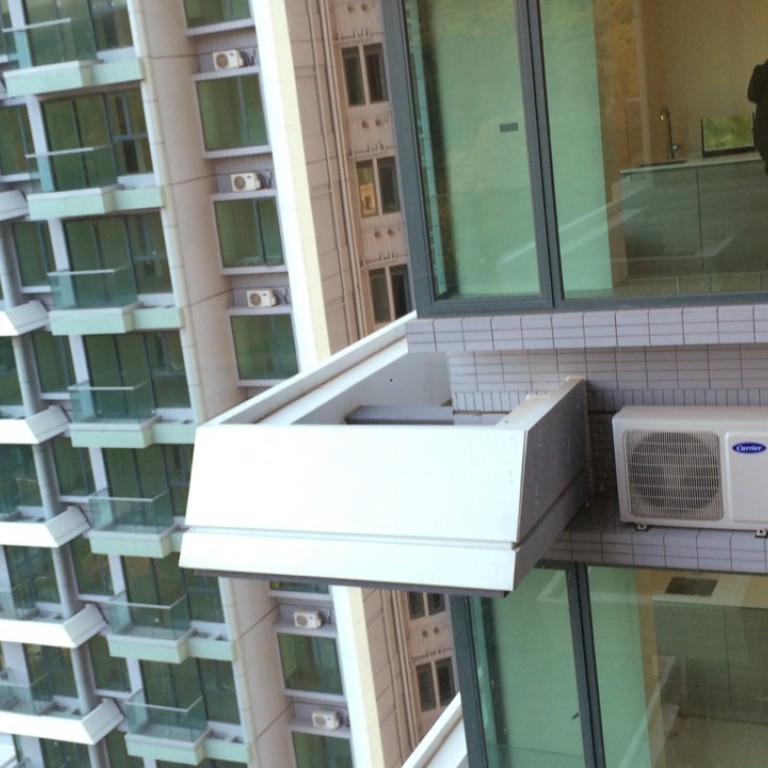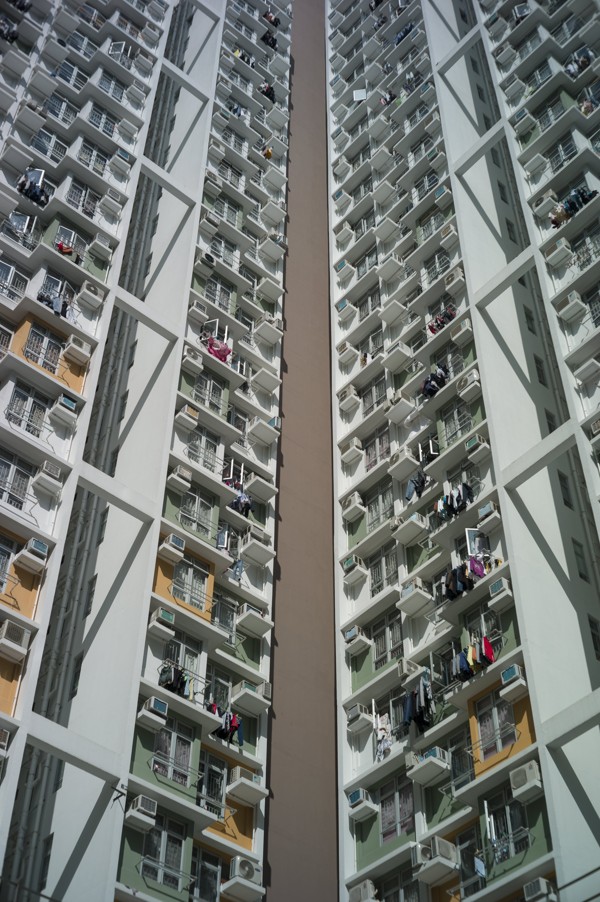
Commentators agree, empty flat tax is needed to kick-start selling
Number of empty flats not sold or leased by developers rose to 9,500 at the end of last year, nearly double the 5,000 registered at the start of the year
An expected interest rate rise in June is likely to force more developers and homeowners, alike, to dig in and not sell their new and second-hand flats, adding more pressure on the Hong Kong government to introduce a levy on unoccupied properties to increase supply, according to leading market watchers.
Hong Kong Financial Secretary Paul Chan Mo-po last month unveiled the government is considering imposing the tax, in a bid to cool the city’s red-hot property prices and make more properties available.
“It makes sense to consider such a tax, as Hong Kong has a real lack of properties, while some developers and secondary homeowners are holding back on selling some empty units,” said Clement Chan Kam-wing, managing director of accounting firm BDO.
“Many overseas cities such as Melbourne have imposed similar taxes in the hope of helping to increase supply and make prices more reasonable,” he said.
Chan said an empty flat tax may now be more urgent than ever, as a new interest rate cycle looks like developing.
“Many [developers and homeowners] may prefer to hold on, to wait and see if the interest rate rise cycle ends up being short-lived. They would only be forced into selling, if rates rise to very high levels,” Chan said.
It makes sense to consider such a tax, as Hong Kong has a real lack of properties, while some developers and secondary homeowners are holding back on selling some empty units
Under the current pegging system, as well as its currency, Hong Kong’s base lending interest rate (the rate at which banks borrow from the Hong Kong Monetary Authority, the HKMA) has to be synchronised with the US.
HKMA last month lifted that to 2 per cent, up 25 basis points, in line with the US Federal Reserve rate, marking a sixth rise since December 2015.
Even that modest rise, however, may not be enough to convince developers and buyers to start selling, Chan added.
The latest government statistics show the number of empty flats not sold or leased by developers rose to 9,500 at the end of last year, nearly double the 5,000 registered at the start of the year.

“That increase in empty units shows there’s a need now to put pressure on developers to sell,” Chan said.
It is worth pointing out, too, that all the city’s commercial banks have remained resolute not to lift their best lending rates for individuals and companies, in line with the base rate, with those still rooted at a historical low of 5 per cent, where they have now been for a decade.
“That’s because no bank wants to take the lead and lift lending rates, as that could drive customers away.
“If and when the Fed and HKMA increase the base rate for the seventh consecutive time in June, as expected, that may force them to act,” added Jasper Lo Cho-yan, a senior vice-president at iBest, which is part of Haitong International Securities.
“The growing trade tensions between the US and China could also prompt a Hong Kong stock market sell off, and any capital outflow can then lead to lending rate rises.”
In that case, he added, homeowners intending to sell could be forced into offloading their properties, if they started to find paying their mortgages more difficult.
The last time HSBC changed its best lending rate was back on November 10, 2008, when the lender sliced it a quarter point.
“Even the best lending rates could be raised to 5.5 or 6 per cent, still well away from what might be considered ‘painful’ levels,” Lo said. “Remember, the record high lending rate remains 19.61 per cent, in October 1981.”
He added the other obvious way of forcing more to put their properties up for sale, would be an
empty flat tax.
“If that was set high, developers may immediately put more completed flats onto the market, with more on the secondary market opting to lease or sell, too. That would immediately increase supply, and likely lead to lower prices.”

